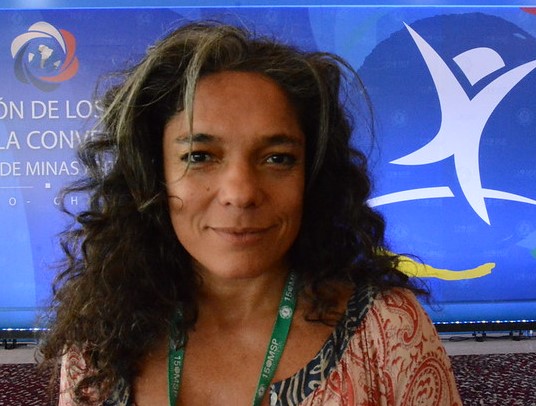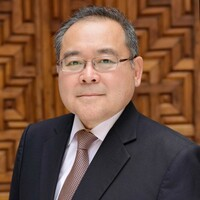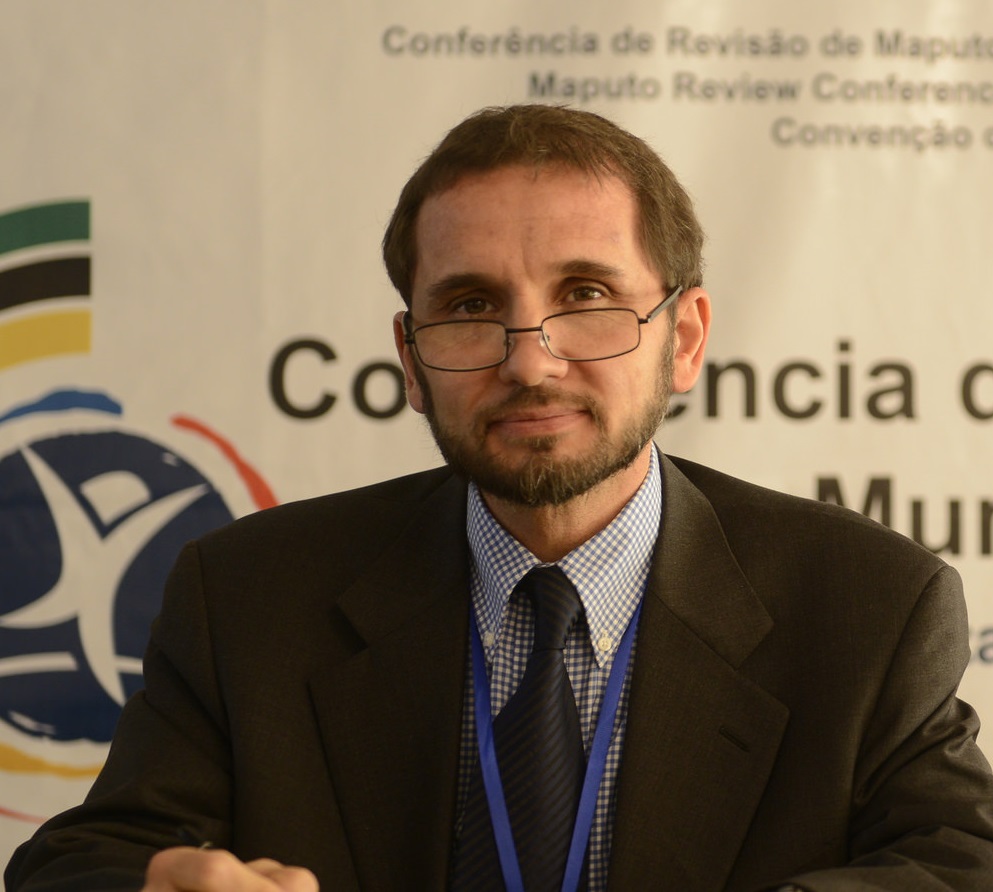|
09.02.2021
Geneva, Lima, Quito, Washington DC – Landmine contamination might not make daily headlines across the Americas, yet it continues to impede development and affect the daily lives of thousands of people. For this reason, the Organization of American States (OAS) together with the Governments of Ecuador and Peru, with support of the European Union (EU) and the technical backing of the Secretariat of the Ottawa Convention, hosted a virtual meeting on 10-11 February to bring this plight to the attention of the international community especially since Colombia, Ecuador, and Peru are the last to carry out mine clearance operations in the Americas. The event sought to raise awareness of the scourge that anti-personnel mines still represent to already vulnerable communities, particularly after the devastating toll brought by Covid-19 to the hemisphere including delays to demining efforts. The OAS Secretary General H.E. Luis Almagro, the Vice Minister of Ecuador H.E. Arturo Cabrera Hidalgo, and the Acting Vice Minister of Peru H.E. Francisco Tenya Hasegawa called a two-day virtual meeting on the situation with OAS Observer and Member States including those that are also Parties to the Anti-Personnel Mine Ban Convention (or Ottawa Convention).
The European Union’s Special Envoy for Disarmament H.E. Marjolijn van Deelen, the Convention President H.E. Robbert Jan Gabriëlse of the Netherlands, and the Convention Special Envoy, HRH Prince Mired Raad Zeid Al-Hussein of Jordan, and the International Campaign to Ban Landmines also participated. Contamination by anti-personnel mines on the Ecuador-Peru common border is the result of a brief conflict over two decades ago. Both countries have since collaborated closely to address contamination and remain committed to achieving their targets under the Ottawa Convention, but have expressed that to do so they will require international cooperation and assistance.
Concerted efforts to support Ecuador and Peru -- which are on the brink of completing their long-fought battle to clear their territories of anti-personnel mines – would represent an important gain in the Americas. On day one of the event, Colombia, which faces contamination of anti-personnel mines of an improvised nature, and Chile, which is the latest country in the Americas to finalize its mine clearance operations, also shared their mine action experience. The virtual event was sponsored by the European Union Council which adopted a Decision to support States Parties to the Ottawa Convention in their treaty implementation efforts. The EU and its Member States remain committed to providing support for achieving progress towards a mine-free world and making a difference for people living in mine-affected countries. Background: Other countries that have declared their territories free of all known mine contamination in the Americas include Costa Rica 2002, El Salvador 2003, Honduras 2004, Guatemala and Suriname 2005, Nicaragua 2010, Venezuela 2013, Chile 2020. The Anti-Personnel Mine Ban Convention (Ottawa Convention) was adopted in Oslo and Signed in Ottawa in 1997, entering into force in 1999. To date there are 164 States Parties representing more than 80% of the world’s countries; together these States have destroyed over 53 million stockpiled anti-personnel mines and released millions of square meters of land that were once contaminated. Find all information on this event here, https://bit.ly/MineFreeAmericas.
For more information contact, press(at)apminebanconvention.org |







